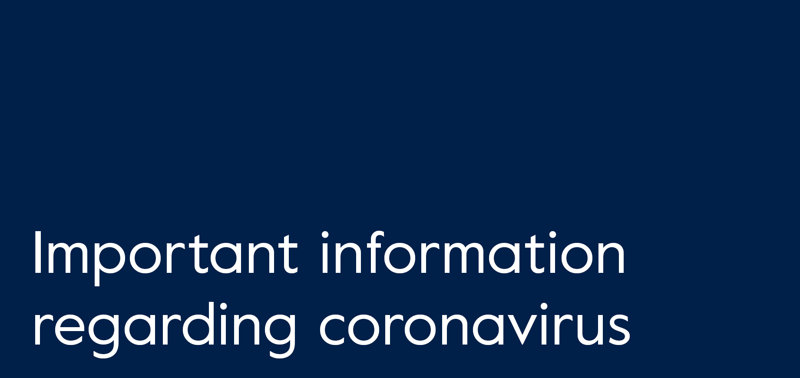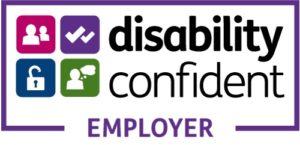Coronavirus response update - 29.06.20

Coronavirus response update 29th June 2020
I hope this finds you and your family safe and well.
A few updates:
Normally at this time of year, we would have our end of year exhibition to showcase all our students' fantastic work. This year, because of the strange circumstances we find ourselves in, the Art and Design department have set up an online exhibition on Flickr. To accompany the exhibition, they have also produced an online magazine showcasing the department’s award winners and those students who will be joining us on our Art Foundation course in September.
The exhibition can be found here: https://www.flickr.com/photos/asfcartdepartment/albums, with the magazine found at: https://www.flipsnack.com/asfcartdepartment/art-award-winners.html. Please take a look at the amazing work our students have produced supported by their inspirational teachers and technicians; it is truly inspirational. Well done to all involved!
College will close for all students on Friday 3rd July for the summer. We will be sending out information about our arrangements for A level (13th August 2020) and GCSE results (20th August 2020) days in the next few weeks. We will also send out information for our current students progressing to the second year of their studies in the next few weeks.
Unfortunately, there is always someone trying to exploit a difficult time in our lives. There has been an increase in cybercrime since lockdown and it’s important that you are aware of this. One common method is the phishing email.
Below are some tips to help you spot and deal with a phishing email. They can be very sophisticated so there is no shame in admitting that you may have been the victim of one of these emails.
Spotting a phishing Email
- Until you're certain that the sender is genuine, you should not follow any links, or reply.
- The next thing to do is try and identify whether the email is a scam, or genuine.
Things to look for:
- Many phishing emails have poor grammar, punctuation and spelling.
- Is the design and overall quality what you'd expect from the organisation the email is supposed to come from?
- Is it addressed to you by name, or does it refer to 'valued customer', or 'friend', or 'colleague'? This can be a sign that the sender does not actually know you, and that it is part of a phishing scam.
- Does the email contain a veiled threat that asks you to act urgently? Be suspicious of words like 'send these details within 24 hours' or 'you have been a victim of crime, click here immediately'.
- Look at the sender's name. Does it sound legitimate, or is it trying to mimic someone you know?
- If it sounds too good to be true, it probably is. It's most unlikely that someone will want to give you money, or give you access to a secret part of the Internet.
- Your bank, or any other official source, should never ask you to supply personal information from an email.
That’s all for today
Take care, look after yourself, your families and each other; be patient and stay positive.
Anton


.png)




.png)

